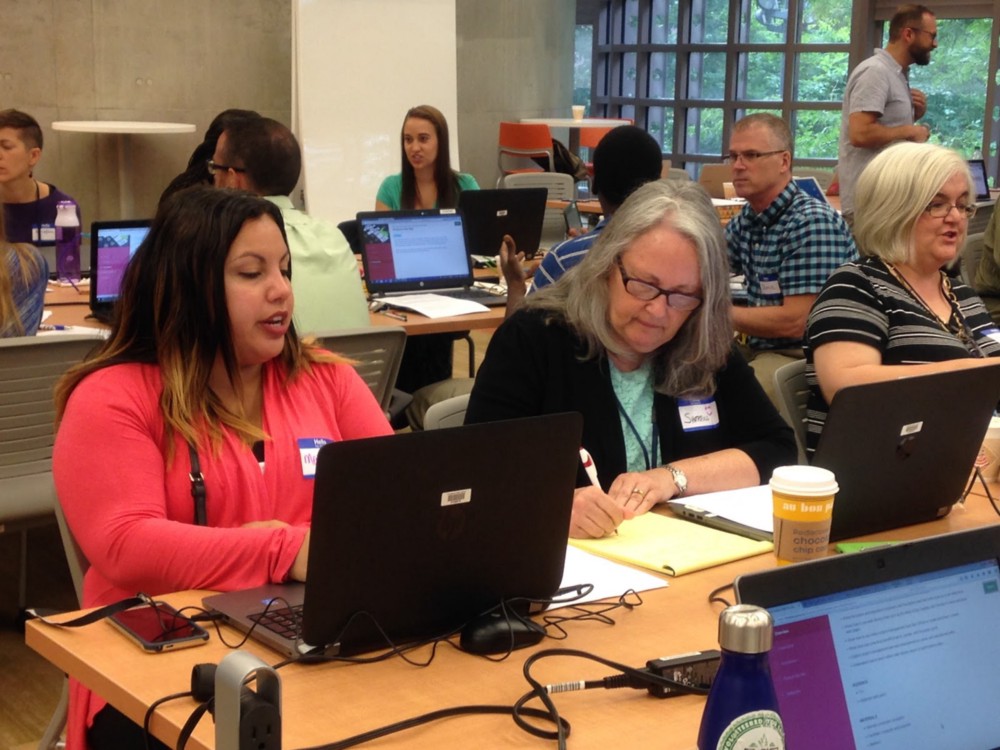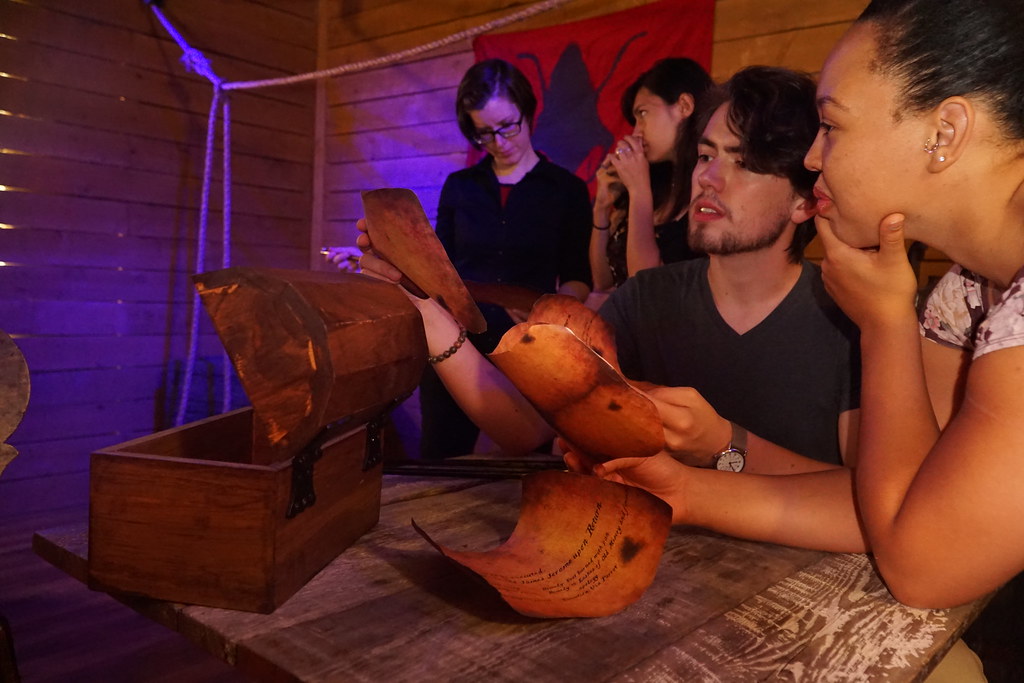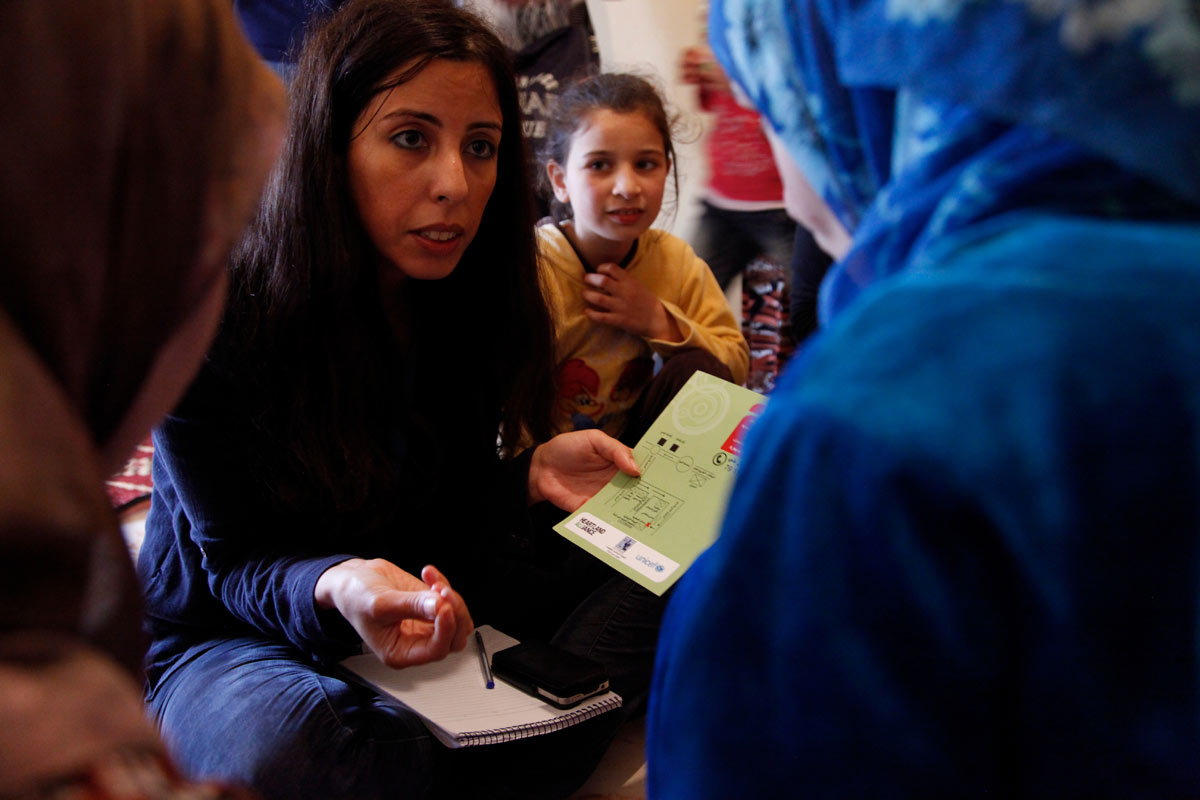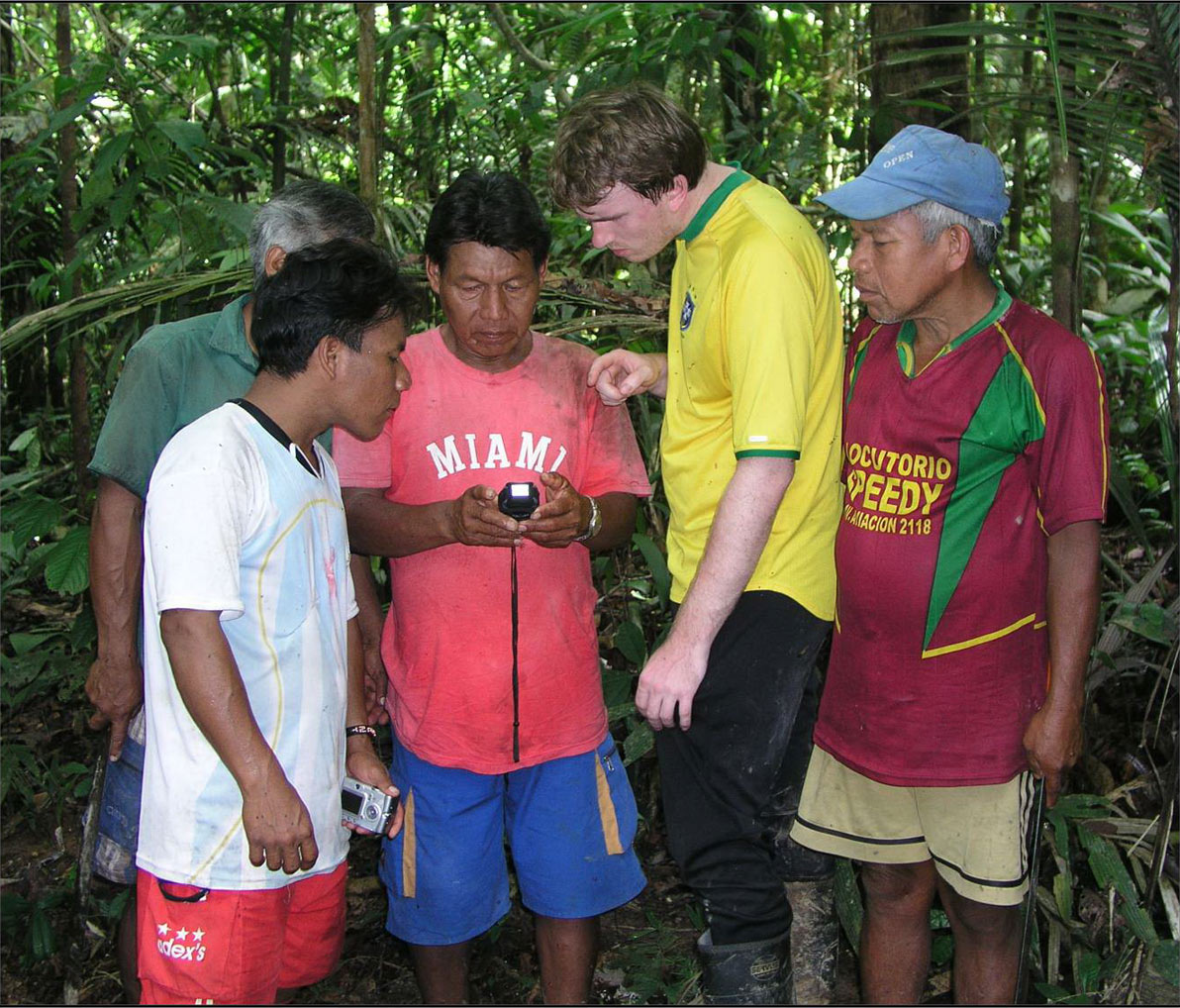December 9, 2022
The COVID-19 pandemic has accelerated transformations that we were expecting to happen in decades. The so-called “new normal” gave way to a covidianity characterized by structural instability affecting daily life, the fragility of economic systems and political cycles, speeding up technical shifts, and the dematerialization of human activity, caused by the increasing virtualization of a…










